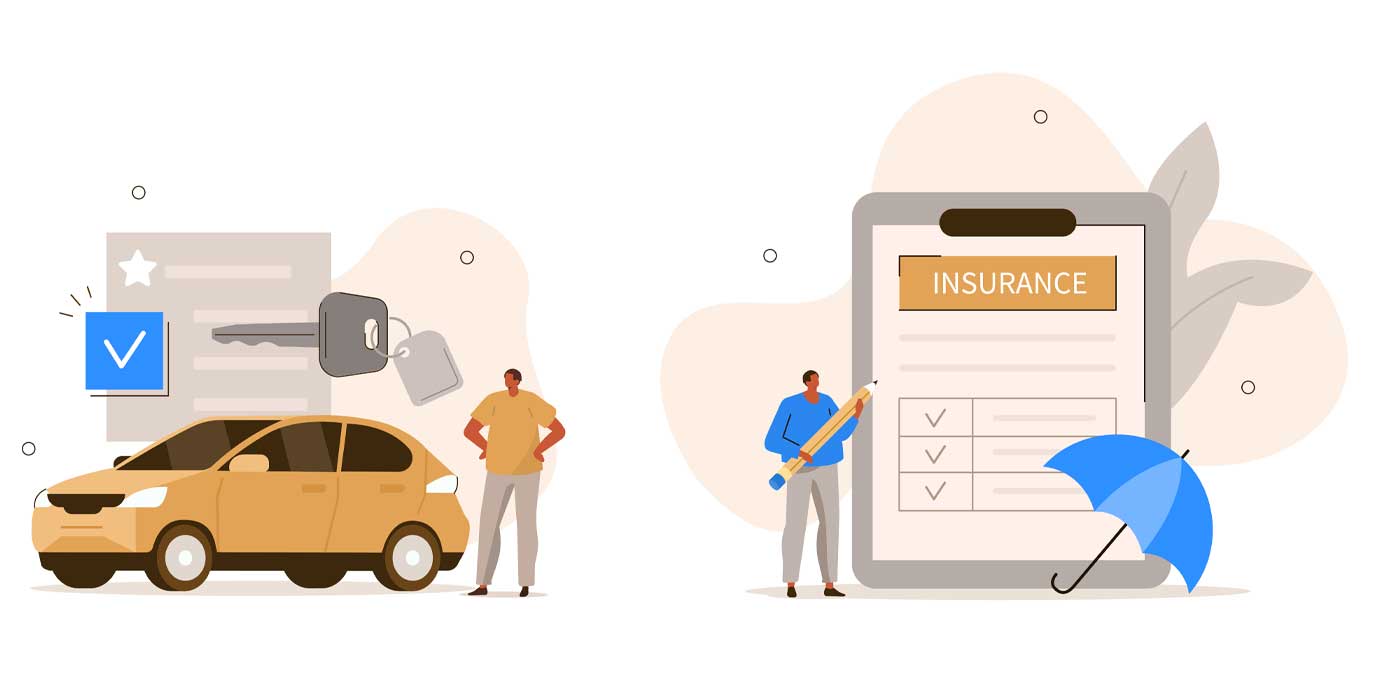According to Cox Automotive’s “2022 Car Buyer Journey Study,” consumer satisfaction with the car-buying process decreased last year for the second year in a row. Much of this can be attributed to things such as limited inventory, higher prices and time: The average consumer spent more time on the car-buying process in 2022 than in 2021, whether that was online or in a dealership. Time spent on a vehicle purchase has long been a complaint of car shoppers, and now, that’s only increased. Whether it’s time or something else entirely, what can dealerships do to make buying a vehicle more palatable to consumers? It all begins with psychology.
We’ve learned from the pandemic that virtual car-buying is possible, it is here to stay, and most consumers even find that preferable. According to the Cox Automotive study, 81% of consumers reported having a better buying experience last year as a result of online capabilities.
The study also revealed that the majority of consumers feel this way because “it allows them to interact with fewer dealership sales personnel.” However, the pandemic also proved just how social people are. People want to interact and communicate with another person. The better we get at understanding our customers and communicating with them, the better the experience is for them and the more successful we’ll be.
In order to approach each opportunity with a customer-centric mindset, we must take the following into consideration:
1. Consumers want all the information.
2. Consumers want the information in a timely manner.
3. Consumers want to make decisions for themselves.
Now, how do we make this happen? Let’s take a look at psychology-based principles and behaviors that help us connect with customers and improve their car-buying experience.
Don’t Talk — Listen
One of the most important things we can do with our customers is simply listen to them. Yes, we want to offer 100% of products to 100% of customers 100% of the time, but if we don’t start by listening to them, we don’t know how to tailor our message to their specific needs.
If a customer’s number one priority is safety, then talking to them about the technology specs of a vehicle might miss the mark. Only once you know exactly what they want and need are you able to give them all the information in a way that directly addresses their concerns. When we listen to our customers, they’re more likely to listen to us.
Be Concise, But Relatable
This is a tough balancing act. Decreasing attention spans aside, the desire for conciseness is not a new concept, so how can we take time to relate to our customers without dragging out the process?
Pro tip: Everyone loves a story, but their favorite story is about themselves. Ask questions to discover more about your customer, let them open up and talk about themselves, and respond with something relatable — but keep it short. This is not about us. It simply allows us to find common ground and break down walls, making customers more open to what we have to say.
Don’t Sell — Influence
Dr. Robert Cialdini, an award-winning psychologist and academic often referred to as the “Godfather of Influence,” published a book in 1984 called “Influence: The Psychology of Persuasion,” and these principles still hold true today. In fact, some of them speak to the ideas already mentioned above. One of the principles in his book is “liking”: the idea that people are more likely to buy from people they like — which can be influenced by being relatable.
He also discusses the importance of “authority,” which, rather than telling someone what to do, refers more to showing authority through confidence, professionalism and having a thorough understanding of the information.
When we share information with customers, we must do so in a way that enhances the customer experience rather than detracts from it, and psychology is key. Relate to the customer on a personal level, present facts and figures as they relate to the customer’s needs, be transparent and listen. Keeping all this in mind will help you influence and empower the customer to make an informed decision for themselves and their family.














